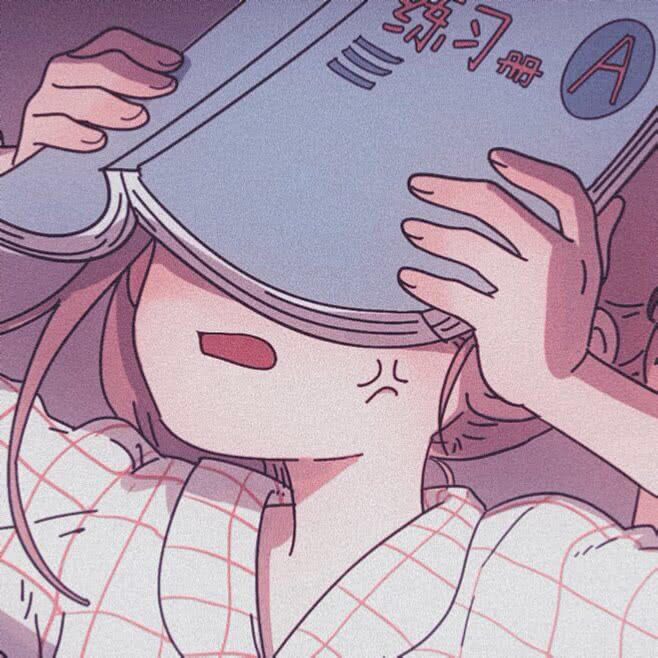The concept brings back the joy of browsing real books to communities where many bookstores have shut, and gives readers more eclectic choices than those suggested by algorithms on online sellers, its proponents say.
“Here, you find books which make you wonder who on earth would buy them,” laughs Shogo Imamura, 40, who opened one such store in Tokyo’s bookstore district of Kanda Jimbocho in April. “Regular bookstores sell books that are popular based on sales statistics while excluding books that don’t sell well,” Imamura, who also writes novels about warring samurai in Japan’s feudal era, told AFP. “We ignore such principles. Or capitalism in other words,” he said. “I want to reconstruct bookstores.”
The hundreds of different shelf renters, who pay 4,850-9,350 yen ($32-$61) per month, vary from individuals to an IT company to a construction firm to small publishers.
A quarter of Japan’s municipalities have no physical bookstores, with more than 600 shutting in the 18 months to March, according to the Japan Publishing Industry Foundation for Culture.
Imamura in 2022 visited dozens of bookstores that have managed to survive the tough competition with e-commerce giants like Amazon, some by adding cafes or even gyms.
Japan’ industry ministry in March launched a project team to study how to support bookstores. “Bookstores are a hub of culture transmission, and are extremely important assets for the society in maintaining diverse ideas and influencing national power,” it said.

